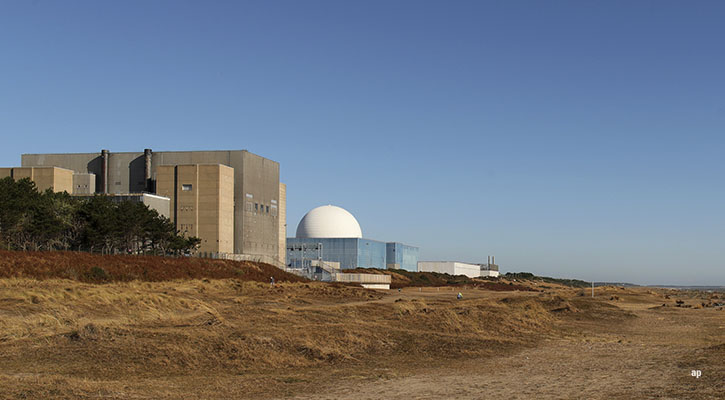.jpg)
The UK’s chancellor of the exchequer Jeremy Hunt has today unveiled his Spring Budget for 2023, where he scrapped the pensions lifetime allowance, promised increased childcare support, and pledged to save UK public swimming pools (not just Rishi Sunak’s).
With this came the news that the UK will also be swerving a recession this year, too. The Office for Budget Responsibility (OBR) has forecast that UK GDP will grow by 1.8% in 2024 and 2.5% in 2025.
However, the economy will shrink this year, by -0.2% this year, but this is less than the previously forecasted -1.4%.
A recession can be defined as GDP falling for two quarters in a row. According to the Office for National Statistics (ONS), the economy did retract by 0.2% in Q3 last year, but Q4 remained neutral. Meanwhile, monthly real GDP is estimated to have grown by 0.3% in January 2023, after falling by 0.5% in December 2022.
In the following years, 2026 and 2027, the OBR expects GDP to grow by 2.1% and 1.9%, respectively.
OBR’s Inflation Forecasts
The OBR also had encouraging news on inflation figures. It predicts a fall in CPI from 10.7% last year to 2.9% by the end of 2023, a change from the November forecasts, when it believed the average inflation rate for 2023 would be 7.4%. The most recent inflation figures from the ONS were 10.1%.
This is also in contrast to the Bank of England’s February forecasts, which predict that annual CPI inflation is expected to fall to around 4% towards the end of this year, with interest rates rising to 4.5% in mid-2023 and falling back to just over 3.25% in three years’ time.
The target inflation rate, which the BoE aims for when setting its interest rates, is 2%.
Halving inflation is one of the prime minister’s key economic priorities, Hunt said in his speech, noting that it "destroys the value of hard earned pay, deters investment, and permits industrial strike".
He also noted that the government has managed to keep public sector net borrowing (as a percentage of GDP) below the 3% target, and will gradually reduce this to 1.8% in 2027-2028, before eventually moving into surplus territory by the end of the forecasted period. This is in line with its fiscal rules.
The UK does however remain the only G7 country that still hasn’t grown past pre-pandemic levels.



























